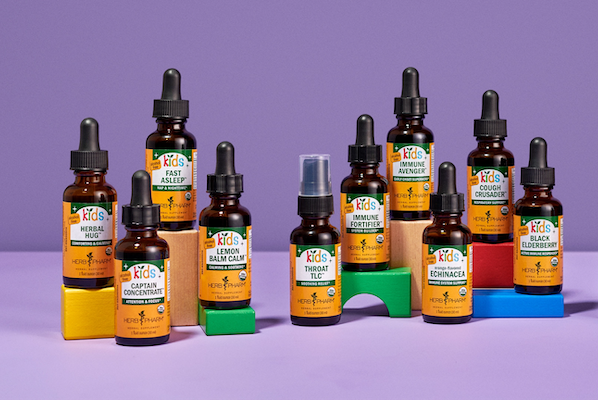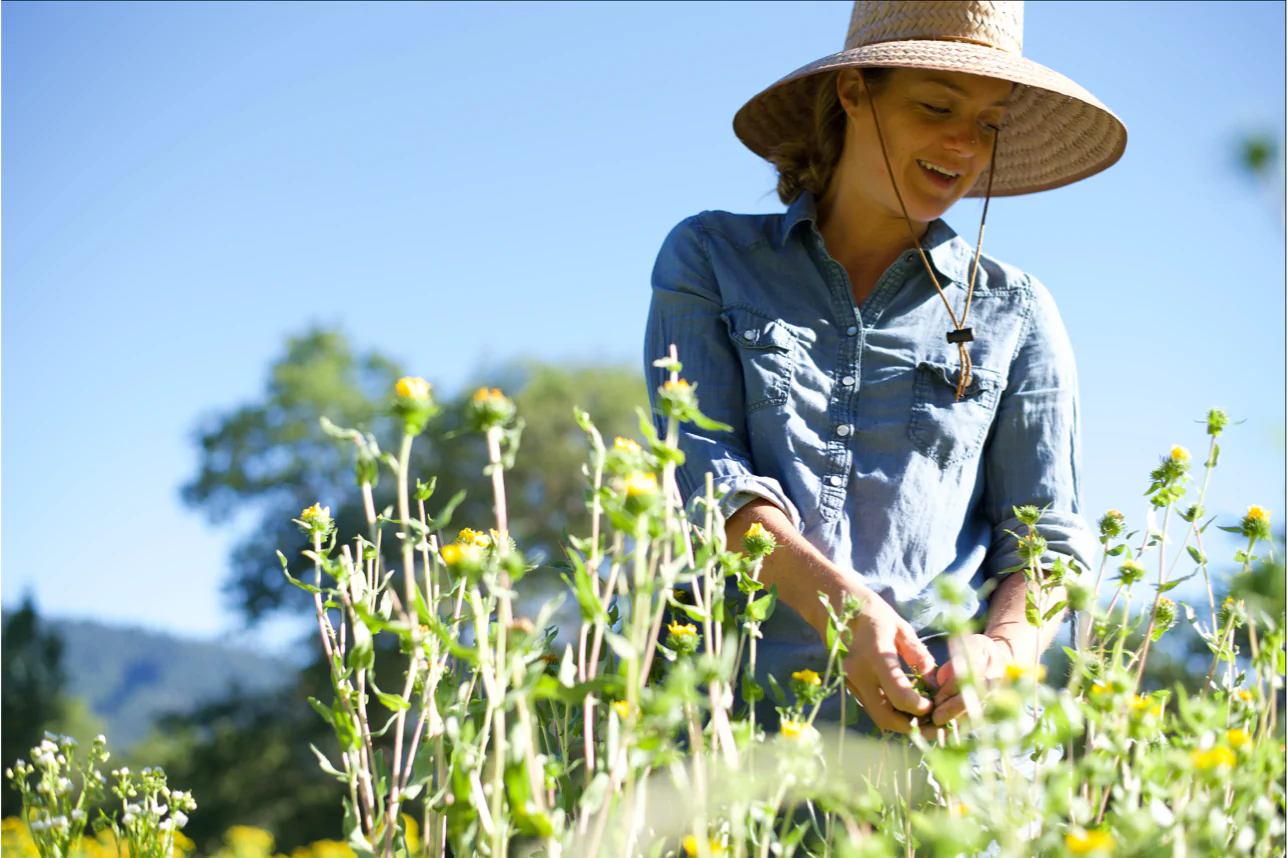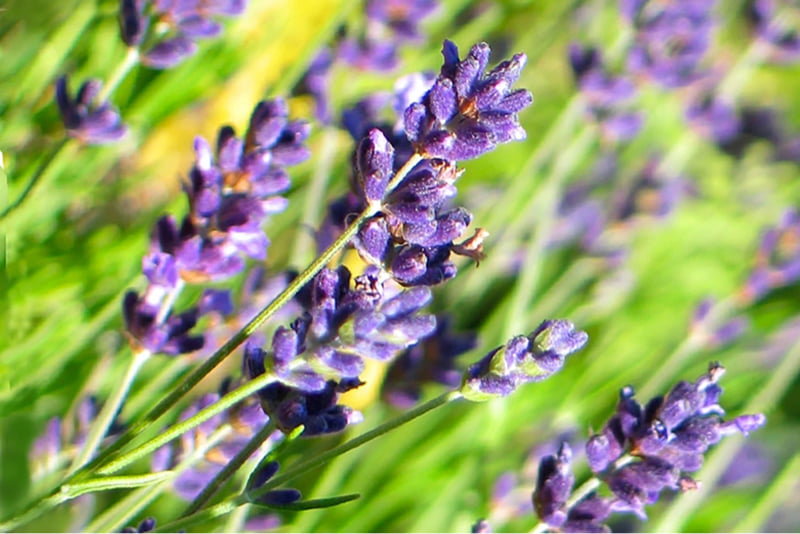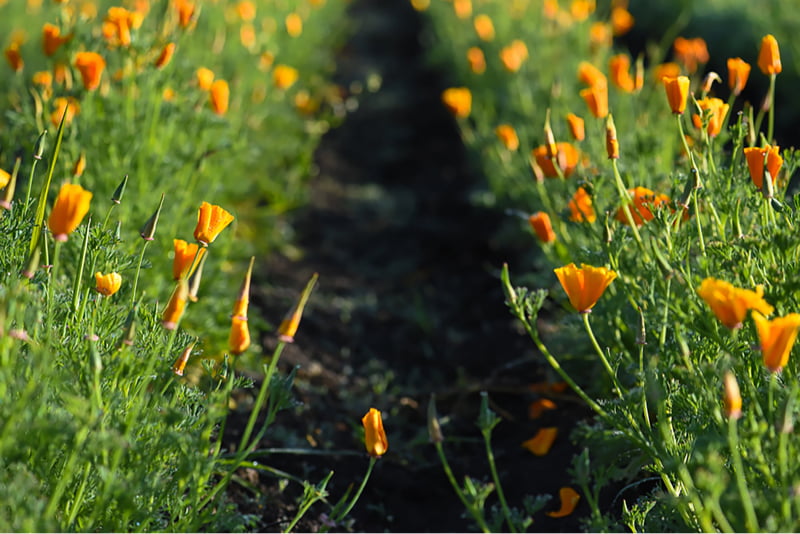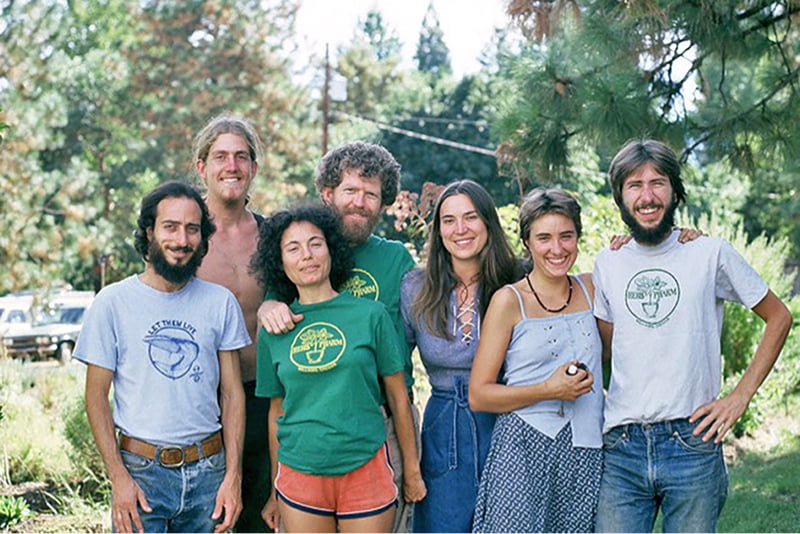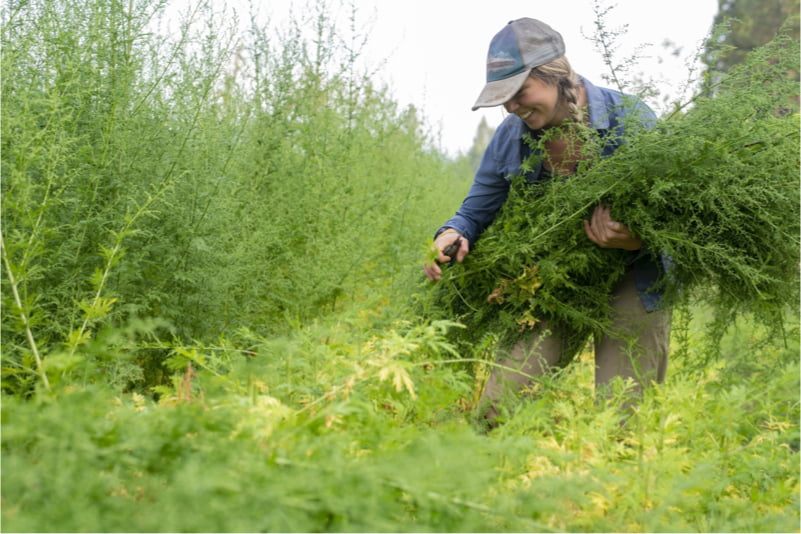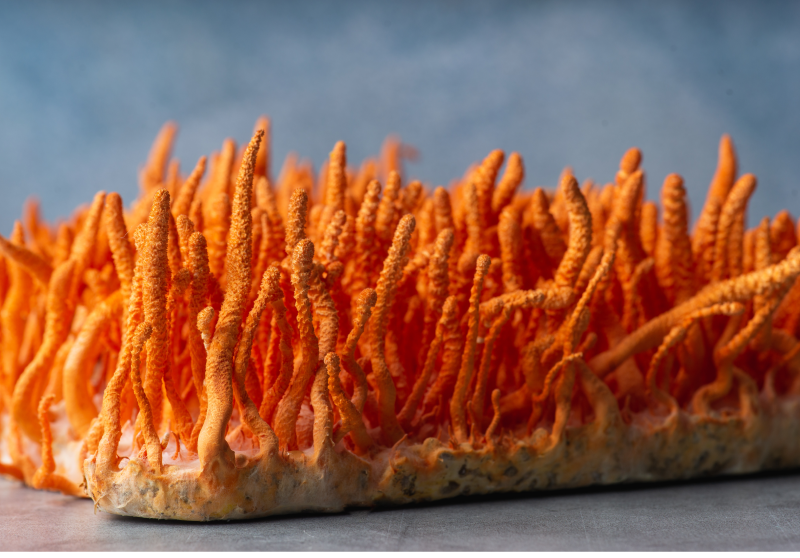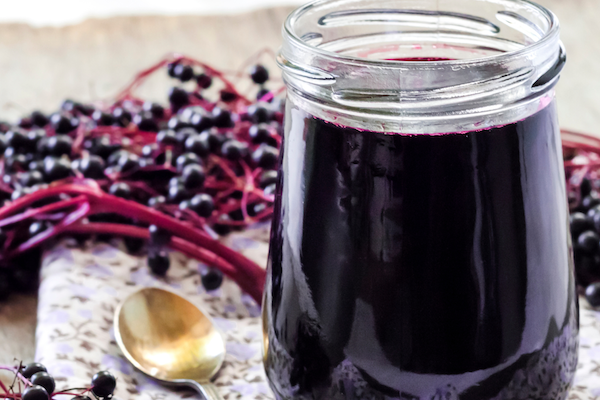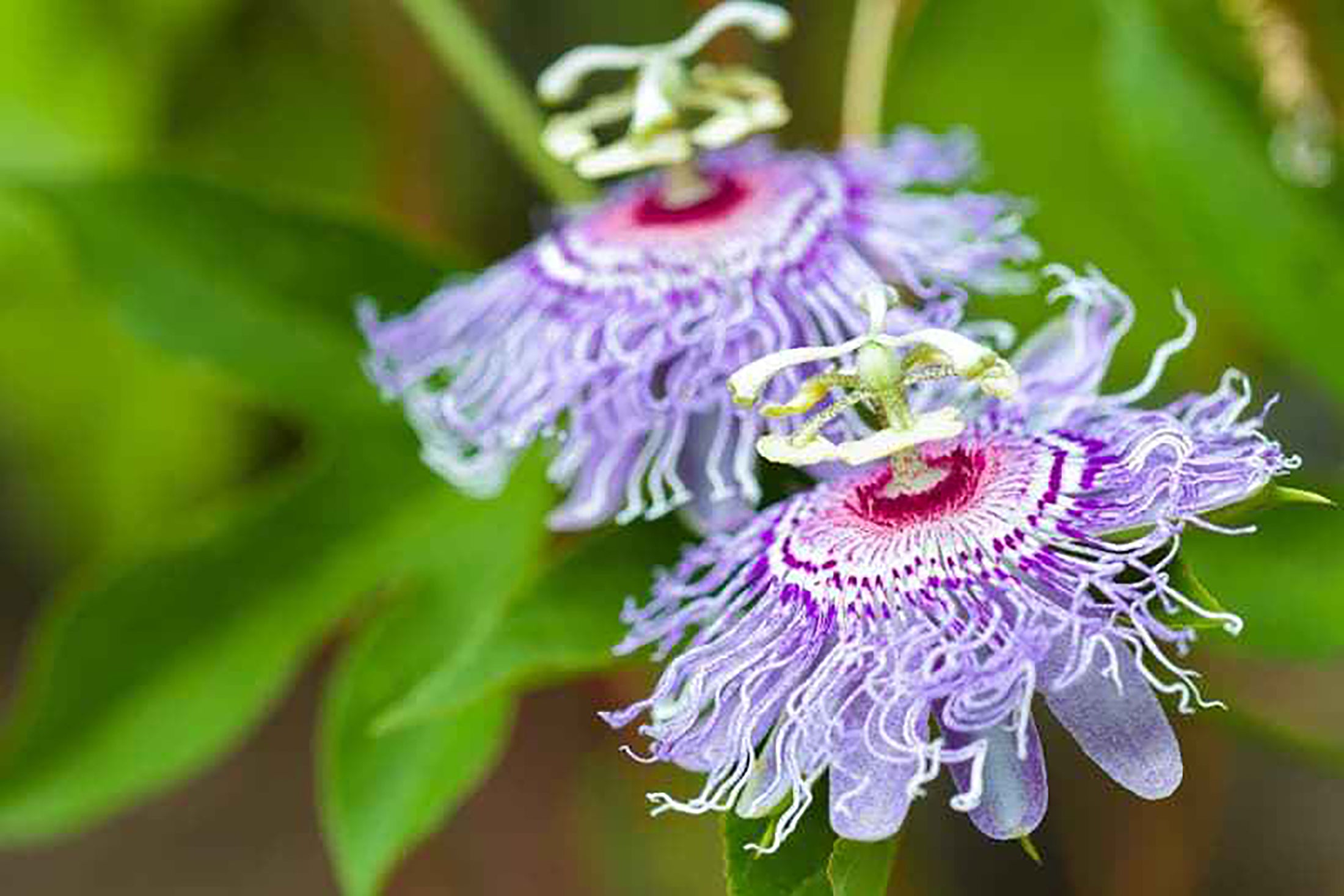As farmers and stewards of the environment, we believe in finding everyday ways to honor the Earth and protect the plants and animals that call it home. To celebrate Mother Nature and the bounty she gives us every single day, year after year, we’re sharing 10 meaningful yet simple ways to reduce your carbon footprint — and give the environment some love.
1. Combat food waste.
In the United States, up to 40% of food goes uneaten, according to the Natural Resources Defense Council. While not all of that happens at home, we can still do our part in the kitchen. Planning meals and keeping track of what we have on hand are good places to start. You can also find creative ways to use food that might usually be tossed. Try turning radish greens into pesto or saving citrus peels to infuse vinegar for cleaning purposes.
2. Walk when you can.
We know that, in plenty of places around the world, giving up on cars entirely isn’t really practical. (That’s even true in rural Williams, Oregon, where our farm and headquarters are located.) But whenever we are able, swapping four wheels for two feet (or two wheels) is a way to reduce reliance on fossil fuels and get some exercise. Where you live, that might be as simple as parking once then walking from store to store when you run errands.
3. Compost.
More than 28% of what we toss in the garbage is actually compostable, according to the U.S. Environmental Protection Agency. Instead of throwing away food scraps and yard waste, compost it — and turn “trash” into “treasure” for your garden or lawn.
We do this on our farm, on a much larger scale. Last year, we used 52 tons of marc (spent herbs leftover after extraction) as compost. Since 2017, composting has helped us reduce our commercial organic fertilizer use by 93%.

4. Choose local and organic.
When you buy local, not only are you supporting a neighbor or friend, but you’re also cutting down on the number of miles your goods have to travel to get to you. And, when you buy organic, you’re supporting a form of agriculture designed to help offset climate change instead of contributing to it.
We farm using regenerative organic practices, which use composting, cover cropping, conservation tillage and other techniques to reverse agriculture’s impact on our planet’s climate.
5. Combine your trips.
Instead of running out to pick up one item or driving back and forth across town, could you wait until you need a few items — or plot your route so you’re not adding extra miles? This approach may also save you time and money.
Many of us are still not leaving home except for essential trips, which definitely helps reduce our carbon footprint. But, when we’re able to roam freely and run errands whenever and wherever we want, we can still keep the planet front of mind.
6. Make small changes.
We don’t have to spend a lot of money or devote our whole lives to conservation in order to help the planet. Focus on the small stuff:
- B.Y.O. bags to the grocery store if it's allowed. (Paper bags can be composted or reused.)
- Choose larger sizes to shop less often (and reduce packaging).
- Turn lights off when you leave a room.
- Unplug devices if you’re not using them.
- Opt for bulk items to reduce food waste (by buying only what you need) and cut down on packaging.
Little everyday actions add up to protect the planet.
 Reuse glass jars and other containers to buy and store bulk items.
Reuse glass jars and other containers to buy and store bulk items.
7. Dress in layers.
Before you reach to adjust the thermostat, can you adjust what you’re wearing? Adding an extra layer like a sweater, putting on thicker socks and wrapping up in a scarf are easy ways to warm up. In summer, dress in layers so you can lighten your outfit to cool down without relying on AC.
8. Buy what you need — and really love.
We can get just about anything within a few days and a few clicks. And while that convenience is wonderful (especially when it comes to keeping your favorite herbal products on hand), it can also mean we buy things we don’t end up using or don’t really like.
Shift your mindset from “buy now” to “buy only what you love.” Sometimes waiting a day before you buy can also help prevent those impulse purchases you regret.
9. Plant a garden.
 On our farms, Echinacea purpurea is a favorite for people and pollinators alike.
On our farms, Echinacea purpurea is a favorite for people and pollinators alike.
Even the smallest plants can help reduce CO2 and sustain pollinators — or you! Pro tip: Bees and butterflies love Milkweed, Bee Balm, Echinacea and Mint. Start with these gardening tips from our farms.
10. Support environmental organizations.
Donate, volunteer and spread the word about groups that help protect the planet, like United Plant Savers. Your support helps them help Mother Nature!















